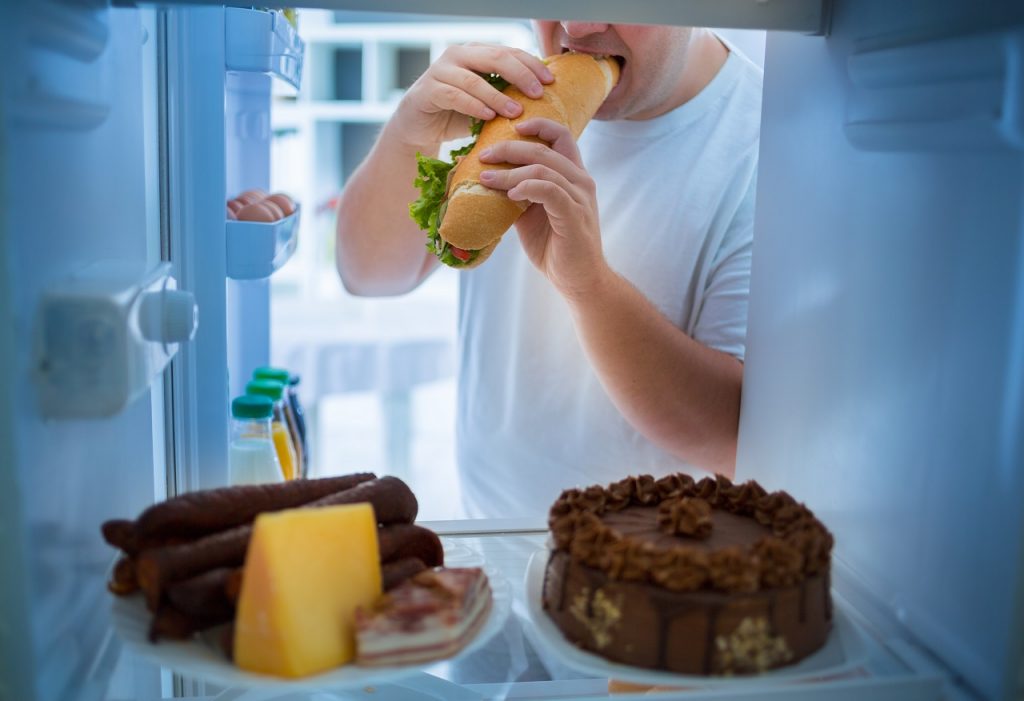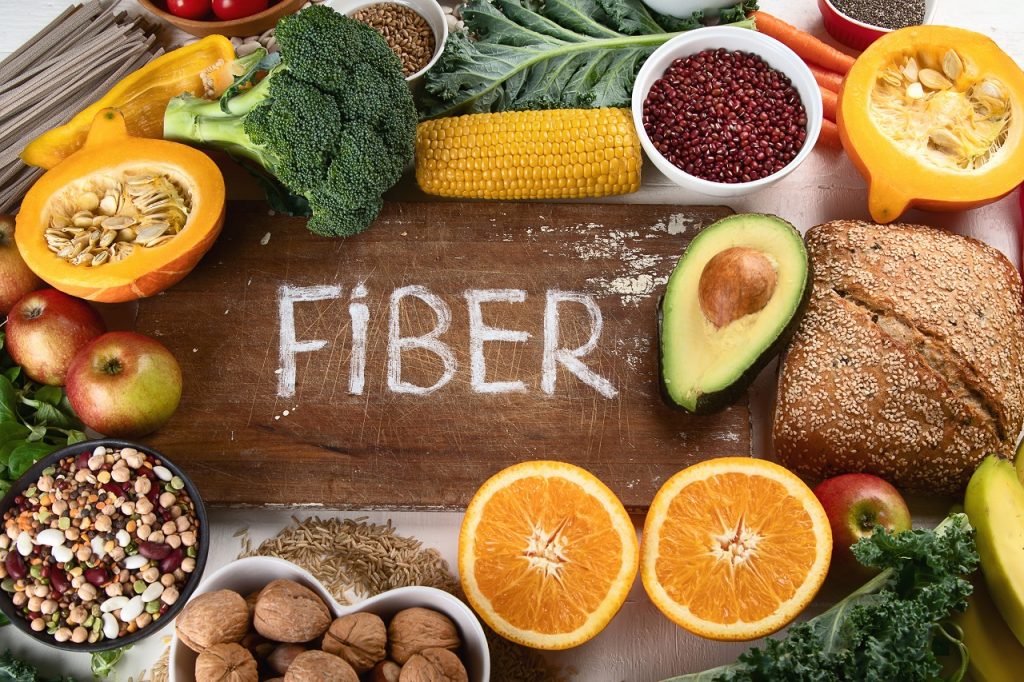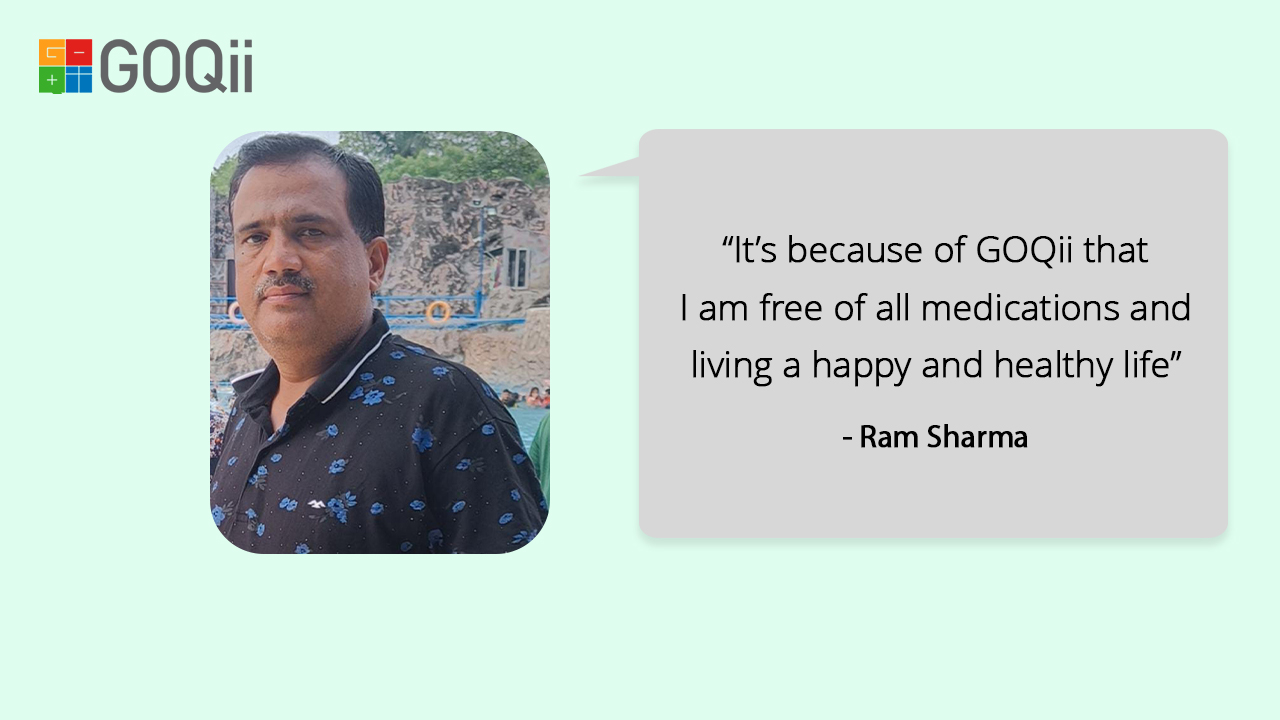 Habits play an important role in our lives. From the time we wake up, till we hit the pillow at night, most of the things that we do during the day are wrapped up in some form of habits. Of these habits, some are towards keeping ourselves healthy and there are some habits which might be unnoticeable, but yet very harmful for us. Let’s take a look at the 10 habits that are destroying your health!
Habits play an important role in our lives. From the time we wake up, till we hit the pillow at night, most of the things that we do during the day are wrapped up in some form of habits. Of these habits, some are towards keeping ourselves healthy and there are some habits which might be unnoticeable, but yet very harmful for us. Let’s take a look at the 10 habits that are destroying your health!
10 Habits That Are Destroying Your Health
- Having fruits along with meals: We do get a good dose of carbohydrates in our regular meals and by adding extra carbohydrates, it will exceed the limit and lead to over intake of carbohydrates. It’s best to eat fruits half an hour before a meal or as mid meals.
- Not having our meals on time: We should always have our meals on time. Once you do that, it helps us set up our body clock according to that specific meal time so that digestion and nutrient absorption happens at the same time every day and it won’t go off track.
- Skipping breakfast or any other meals: Skipping our meals, especially breakfast, is not a good idea. It may lead to muscle loss, fatigue and irritation, among other health issues, as there might not be any energy and glucose to keep us going during a hectic day.
- Having a heavy dinner: The calories and carbs which we have during dinner will not be utilized at night. So when we sleep, all of it is turned into fat and stored in the body. Always keep your dinner light.
- Less water intake: may lead to dehydration and that can directly affect our immunity, which in turn can be the cause for many diseases. At least 2 to 3 liters of water in a day is must!
- Keeping a long gap between your meals: Keeping long gaps between meals leads to overeating our next meal. It will also slow down our BMR so that we eat more and that is the cause for weight gain.
- Chewing your food fast: We should always take at least 20 minutes to complete a meal. Chewing fast will not help in absorption and breakdown of the nutrients in the food that we eat.
- Having processed foods: Processed foods which contain sugar, white flour or corn flour, may risk us with water retention in our body and will also increase our salt intake because of the preservatives.
- Confusing thirst with hunger: Sometimes when we feel thirsty we may confuse it with hunger and start eating an untimely meal, so it’s best to first feel, recognize and keep yourself hydrated so that we don’t feel hungry because of less water intake.
- Overeating: can easily go unnoticed and this can cause problems like weight gain and obesity. This is often regarded as an eating disorder. If you are a binge eater, it’s time to make some changes. Maintaining portion control is the best way to eat mindfully.
So sit back and check if these habits are a part of your lifestyle and change them for the best! If you have difficulty breaking a habit or need that extra dose of motivation, reach out to an expert by subscribing to GOQii’s Personalised Health Coaching here.
Do let us know your thoughts in the comments below!
#BeTheForce
 With the long Diwali holidays ahead of us, there are sure to be outings, guests visit and dinner parties among other celebrations. More often than not, we end up indulging in sweets and other sinful foods and then feel guilty, which in turn makes us look for easy and quick ways to shed off those extra kilos. But, the unfortunate part is that we end up resorting to all the wrong ways of shedding that extra weight which again has a YO-YO effect. But don’t worry! We got a few health tips that will help you eat smart during Diwali!
With the long Diwali holidays ahead of us, there are sure to be outings, guests visit and dinner parties among other celebrations. More often than not, we end up indulging in sweets and other sinful foods and then feel guilty, which in turn makes us look for easy and quick ways to shed off those extra kilos. But, the unfortunate part is that we end up resorting to all the wrong ways of shedding that extra weight which again has a YO-YO effect. But don’t worry! We got a few health tips that will help you eat smart during Diwali! Fiber has a diverse role to play starting from improved laxation and lowering cardiovascular disease risk to weight management. Unhealthy eating patterns and consuming too much of processed foods, have minimized the fiber level in our meals to a bare minimum.
Fiber has a diverse role to play starting from improved laxation and lowering cardiovascular disease risk to weight management. Unhealthy eating patterns and consuming too much of processed foods, have minimized the fiber level in our meals to a bare minimum.



